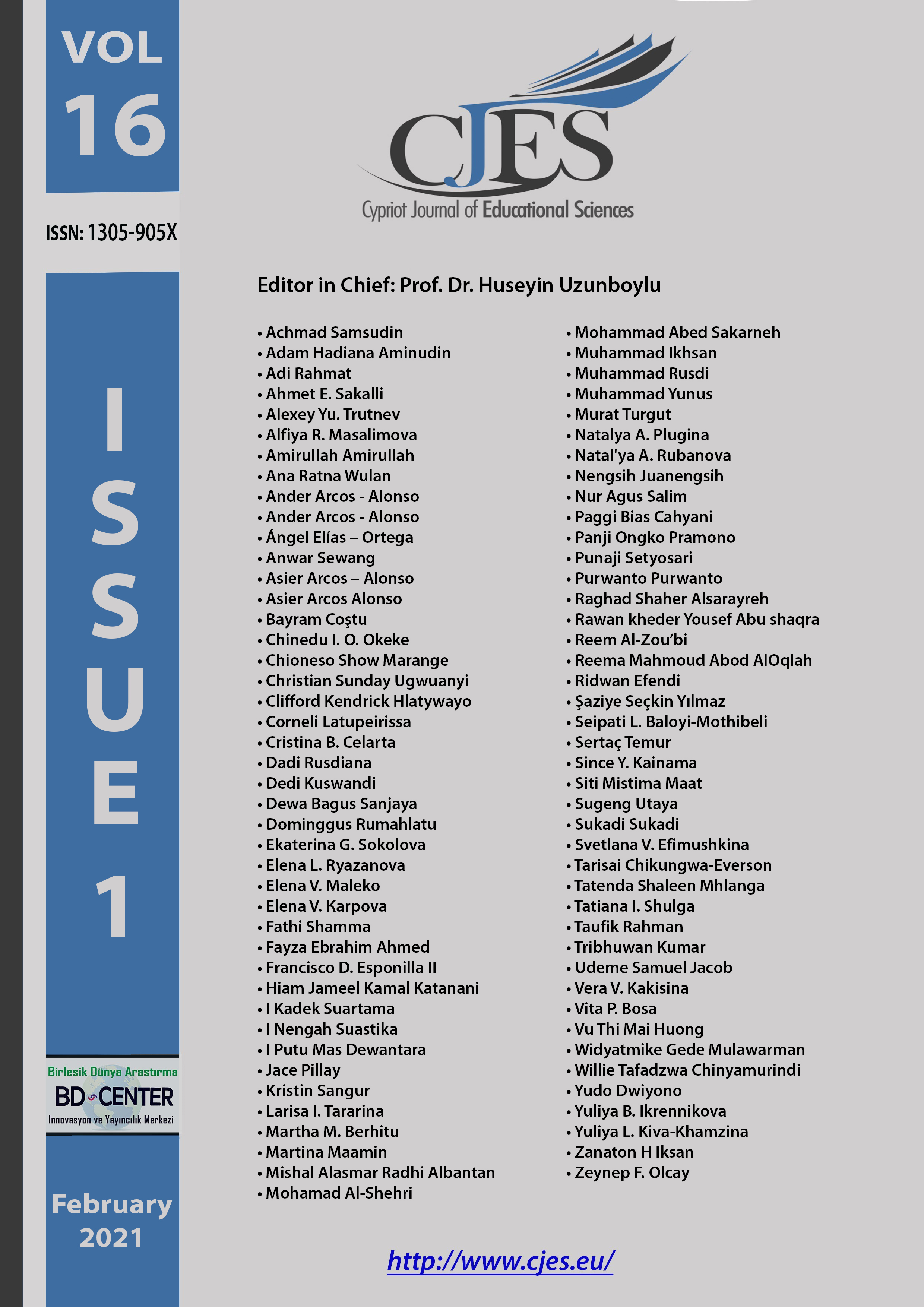Distance learning hybrid format for university students in post-pandemic perspective: Collaborative technologies aspect
Main Article Content
Abstract
The relevance of the research is determined by the key ideas of the hybrid format of students distance learning and collaborative technologies of its implementation in the post- pandemic perspective of the university educational process. The authors, taking into account the trends of transformations of the educational process of the university in the post-pandemic perspective, reveal the content of the key concepts of the hybrid format of distance learning for students. The priorities of collaborative technologies aimed at supporting the hybrid format of distance learning of university students are determined. Based on the results of the study, the authors of the article substantiate the productivity and prove the effectiveness of the implementation of platform models of the hybrid distance-learning format. The materials of the article are recommended to teachers and students of the university, methodologists, curators, tutors.
Keywords: student's personality, post-pandemic perspective of university development, distance learning, hybrid format of distance learning, mixed learning, collaborative technologies, platform model, pedagogical design
Downloads
Article Details

This work is licensed under a Creative Commons Attribution 4.0 International License.
Cypriot Journal of Educational Sciences is an Open Access Journal. The copyright holder is the author/s. Licensee Birlesik Dunya Yenilik Arastirma ve Yayincilik Merkezi, North Nicosia, Cyprus. All articles can be downloaded free of charge. Articles published in the Journal are Open-Access articles distributed under a CC-BY license [Attribution 4.0 International (CC BY 4.0)].
Birlesik Dunya Yenilik Arastirma ve Yayincilik Merkezi (BD-Center)is a gold open-access publisher. At the point of publication, all articles from our portfolio of journals are immediately and permanently accessible online free of charge. BD-Center articles are published under the CC-BY license [Attribution 4.0 International (CC BY 4.0)], which permits unrestricted use, distribution, and reproduction in any medium, provided the original authors and the source are credited.

